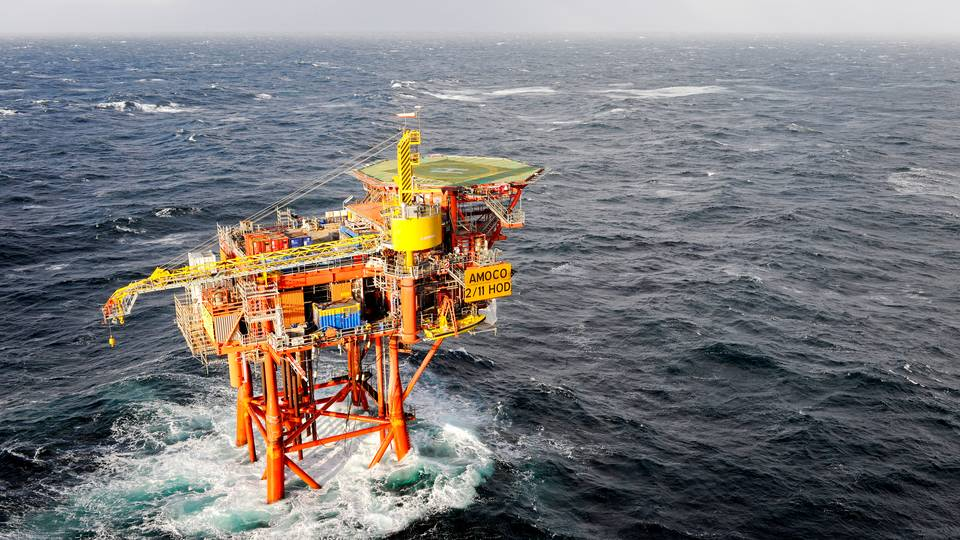UAE offshore industry is set to undergo significant growth in the next five years, with projections indicating the creation of nearly 83,000 jobs. This expansion is expected to contribute approximately $7 billion to the UAE economy by 2030, marking a major boost for employment and investment opportunities.
Understanding the Offshore Industry’s Growth
What Is the Offshore Industry?
The offshore industry encompasses activities related to the extraction of oil and gas reserves located beneath the seabed. This includes drilling, production, and support services conducted on offshore platforms or rigs. In the UAE, key players in this sector include the Abu Dhabi National Oil Company (ADNOC) and various international energy firms.
Factors Driving Job Creation
Several factors contribute to the projected job growth in the UAE’s offshore industry:

- Increased Investment: International companies are establishing operations in the UAE to tap into its professional talent pool, leading to higher investments in offshore projects.
- Expansion of Operations: The growth of offshore oil and gas fields necessitates a larger workforce to manage and operate these sites effectively.
- Technological Advancements: The integration of advanced technologies in offshore operations requires skilled professionals to implement and maintain these systems.
- Economic Diversification: The UAE’s efforts to diversify its economy beyond oil and gas have led to increased activities in the offshore sector, further driving job creation.
Opportunities in the Offshore Sector
Types of Jobs Available
The offshore industry offers a wide range of employment opportunities, including:
- Engineers: Mechanical, electrical, and petroleum engineers are in high demand to design, maintain, and improve offshore equipment and systems.
- Technicians: Skilled technicians are needed for the operation and maintenance of offshore platforms and machinery.
- Health, Safety, and Environment (HSE) Officers: Professionals responsible for ensuring compliance with safety regulations and environmental standards.
- Project Managers: Individuals who oversee the planning, execution, and completion of offshore projects.
- Administrative and Support Staff: Roles in logistics, procurement, and human resources to support offshore operations.
Skills and Qualifications Required
To qualify for positions in the offshore industry, candidates typically need:

- Relevant Education: Degrees or diplomas in engineering, marine sciences, or related fields.
- Experience: Previous experience in offshore or related industries is often preferred.
- Certifications: Certifications in safety, environmental management, and specific technical skills.
- Physical Fitness: Offshore work can be physically demanding, requiring good health and stamina.
Economic Impact

Contribution to the UAE Economy
The projected growth in the offshore industry is expected to have a significant positive impact on the UAE’s economy:
- Revenue Generation: An estimated $7 billion in additional revenue by 2030.
- Job Creation: Approximately 83,000 new jobs, reducing unemployment rates and boosting household incomes.
- Skill Development: Opportunities for local talent to acquire specialized skills, enhancing the overall workforce competency.
Alignment with National Goals
The expansion of the offshore sector aligns with the UAE’s broader economic diversification strategies, reducing reliance on traditional oil exports and fostering sustainable growth in other sectors.
Challenges and Considerations
Environmental Concerns
Offshore activities can pose environmental risks, including:
- Oil Spills: Potential contamination of marine ecosystems.
- Habitat Disruption: Impact on marine life due to construction and operational activities.
- Waste Management: Challenges in disposing of waste materials generated during operations.
Regulatory Compliance
Ensuring adherence to local and international regulations is crucial:
- Safety Standards: Implementing stringent safety measures to protect workers.
- Environmental Regulations: Complying with laws aimed at preserving marine environments.
- Labor Laws: Abiding by labor laws to ensure fair treatment and rights of workers.
Technological Adaptation
The integration of new technologies requires:
- Training Programs: Educating the workforce on the use of advanced equipment and systems.
- Infrastructure Investment: Upgrading facilities to accommodate technological advancements.
- Cybersecurity Measures: Protecting digital systems from potential threats.
Future Outlook
Sustained Growth
The offshore industry in the UAE is poised for sustained growth, driven by:
- Continued Investment: Ongoing investments from both local and international entities.
- Technological Innovation: Adoption of cutting-edge technologies to enhance efficiency and safety.
- Skilled Workforce: Development of a highly skilled workforce to meet industry demands.
Strategic Initiatives
Government initiatives to support the offshore sector include:
- Training Programs: Establishing training centers to equip individuals with necessary skills.
- Incentives for Companies: Providing incentives for companies to invest in the offshore industry.
- Public-Private Partnerships: Encouraging collaborations between the government and private sector.
Conclusion
The UAE’s offshore industry is on the brink of a significant transformation, with the potential to create tens of thousands of jobs and contribute billions to the economy. By addressing challenges and leveraging opportunities, the sector can achieve sustainable growth and play a pivotal role in the nation’s economic future.
Do follow UAE Stories on Instagram
Read Next – UAE Midday Work Ban Ends with 99.9% Compliance Rate in 2025














